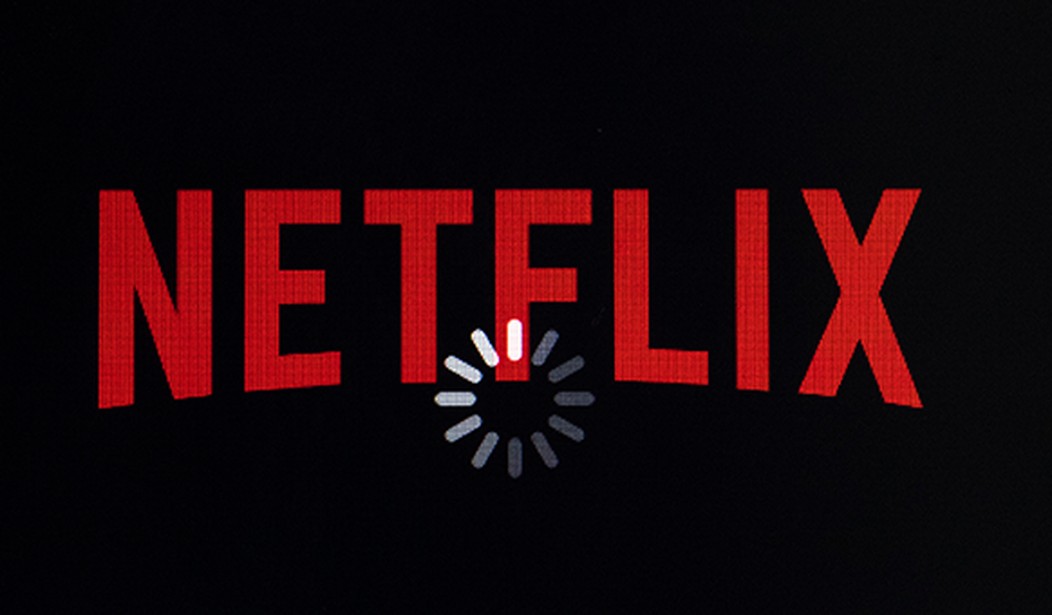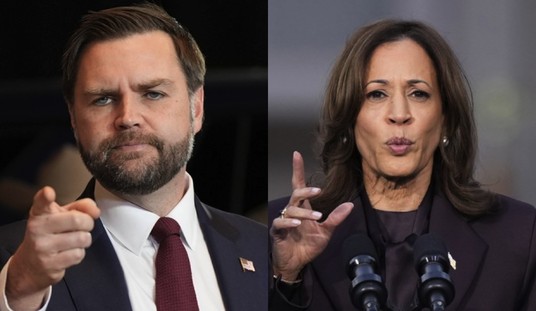“We have hundreds of channels and nothing to watch” was a problem many people had when it came to cable television. You paid an enormous amount of money to have an entire smorgasbord of variety in television entertainment, but at the end of the day, you really only stuck to two or three channels, only venturing off to a fourth during special events.
People began to “cut the cord” and migrate away from the cable format as streaming services came to be the most popular way to watch television. These streaming apps became so successful that they began creating their own shows, some of which went on to be unrelentingly good. However, this success did what success does, and inspired everyone else to do what these networks were doing.
More and more companies, be it the alphabet networks, YouTube, or independent studios, began streaming apps that all charged a low fee to subscribe. Over time, these subscriptions began to add up and people noticed they were right back where they started; paying a ton of money to pay for services that are really only used here and there.
Netflix was, for a time, the undisputed king of streaming. Going from mail-delivered DVDs to being able to watch “Parks and Rec” at the touch of a button, everyone and their dog had a Netflix account. Its subscribers towered in the stratosphere.
Now, they’re disappearing by the hundreds of thousands.
According to ARS Technica, Netflix has bled around half a million subscribers:
Netflix lost 430,000 subscribers in the US and Canada in the second quarter and issued weaker than expected forecasts for later in the year, rekindling investor doubts over how the streaming group will fare after the economic reopening.
The California-based company predicted it would add 3.5 million subscribers in the third quarter, disappointing investors who were looking for a stronger rebound in the second half of the year. Analysts had forecast that Netflix would add 5.9 million subscribers during the third quarter.
There are three big reasons this may be happening.
For one, with lockdowns ending and jobs being offered everywhere you go, people are going back to work and don’t have the time they once did to stream television. Cancellations are bound to happen in this instance.
Secondly, with so many different streaming platforms, it’s only logical to pick a few and leave the others until such a time when having them is worth it. People may watch a television series they really like, finish it, and cancel the service afterward since they were only there for that particular program.
Does this mean Netflix is failing? Not yet. It’s still a goliath of a streaming service with subscribers that will keep it fat with cash. Losing nearly half a million subscribers isn’t a death blow in any capacity with over 200 million subscribers under its belt. Its closest competitor is Disney Plus at 104 million. Netflix remains king of the streaming mountain.
But the third issue is one of PR. Netflix didn’t exactly make a lot of friends with the “Cuties” controversy, which showed pre-teen girls dancing in a highly seductive manner. On top of that, constant social justice messaging from Netflix either through its statements or original programming has made logging on to the service tiresome. The vast majority of subscribers don’t log on to be preached at, they log on to be entertained.
Netflix has left a bad taste in many mouths and it will stick with these people for some time. While many people may unsubscribe for one reason or another, the bad experiences will dissuade them from resubscribing when the time comes, even if they announce a show that might pique their interest.
For instance, they suspect a bump upon the release of the second season of The Witcher, but many may have lost their trust that the streaming service won’t make it more woke garbage, and shrug off resubscribing in order to spare themselves the headache.
What isn’t going to help is that Netflix has also made it clear that it doesn’t really care how angry people get about the wokeness of a show. In fact, they consider backlash to be a good thing because it gets people talking about it. This was admitted to by Kevin Smith who recently flubbed the Masters of the Universe reboot.
Kevin Smith- reviews don’t matter, Netflix doesn’t care, and he’s still gettin paid pic.twitter.com/xqajLvJf3C
— Steph Anie (@mynerdyhome) July 25, 2021
Bold business model but one that only works so long as there aren’t any other major services playing by the rules of actually pleasing fans vs. pissing them off in order to generate hate clicks.
At some point, this business model will begin driving people away and keeping them away.
It may already be happening. Time will tell, but Netflix’s subscriber bleed may be the beginning stages of a consumer revolt.














